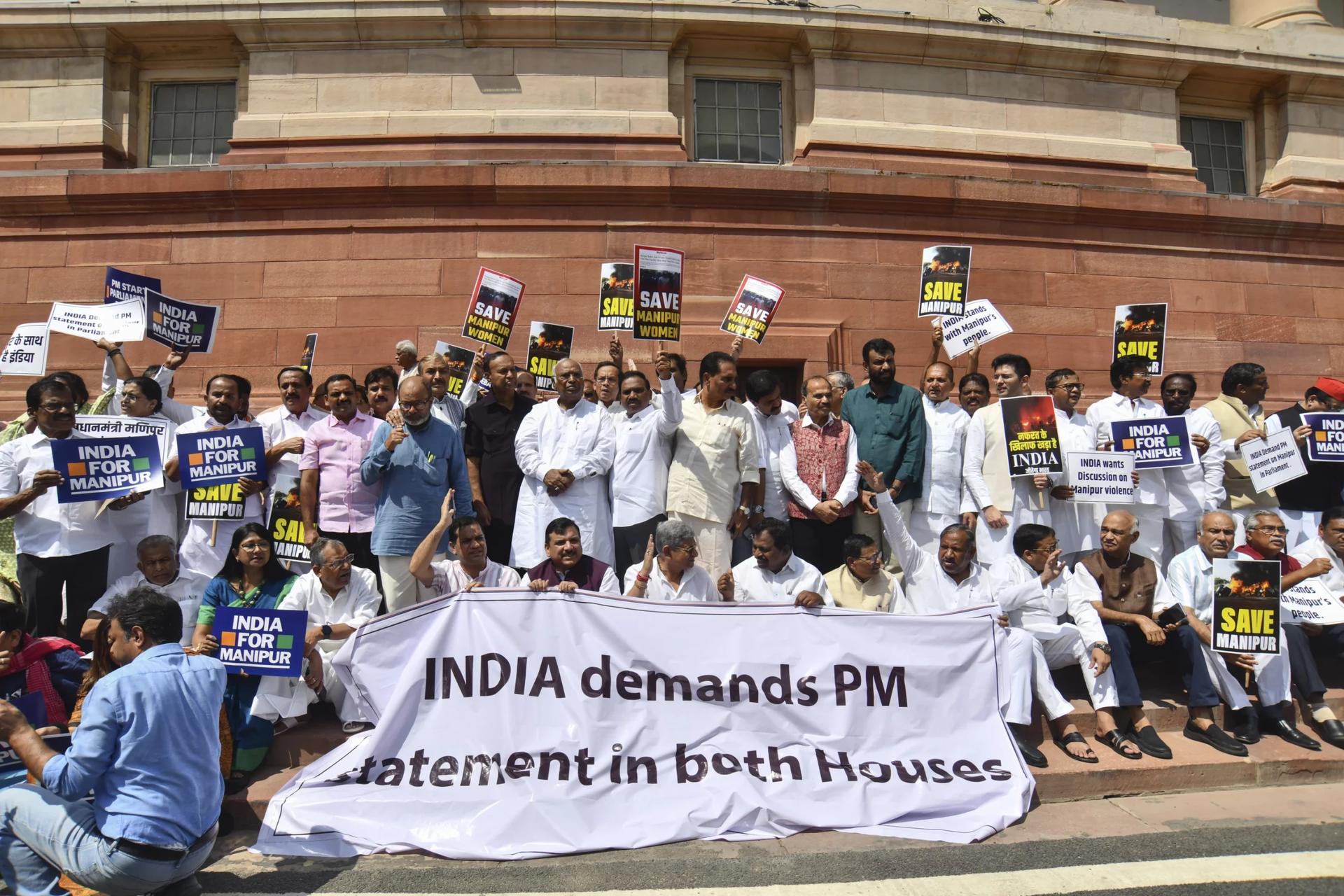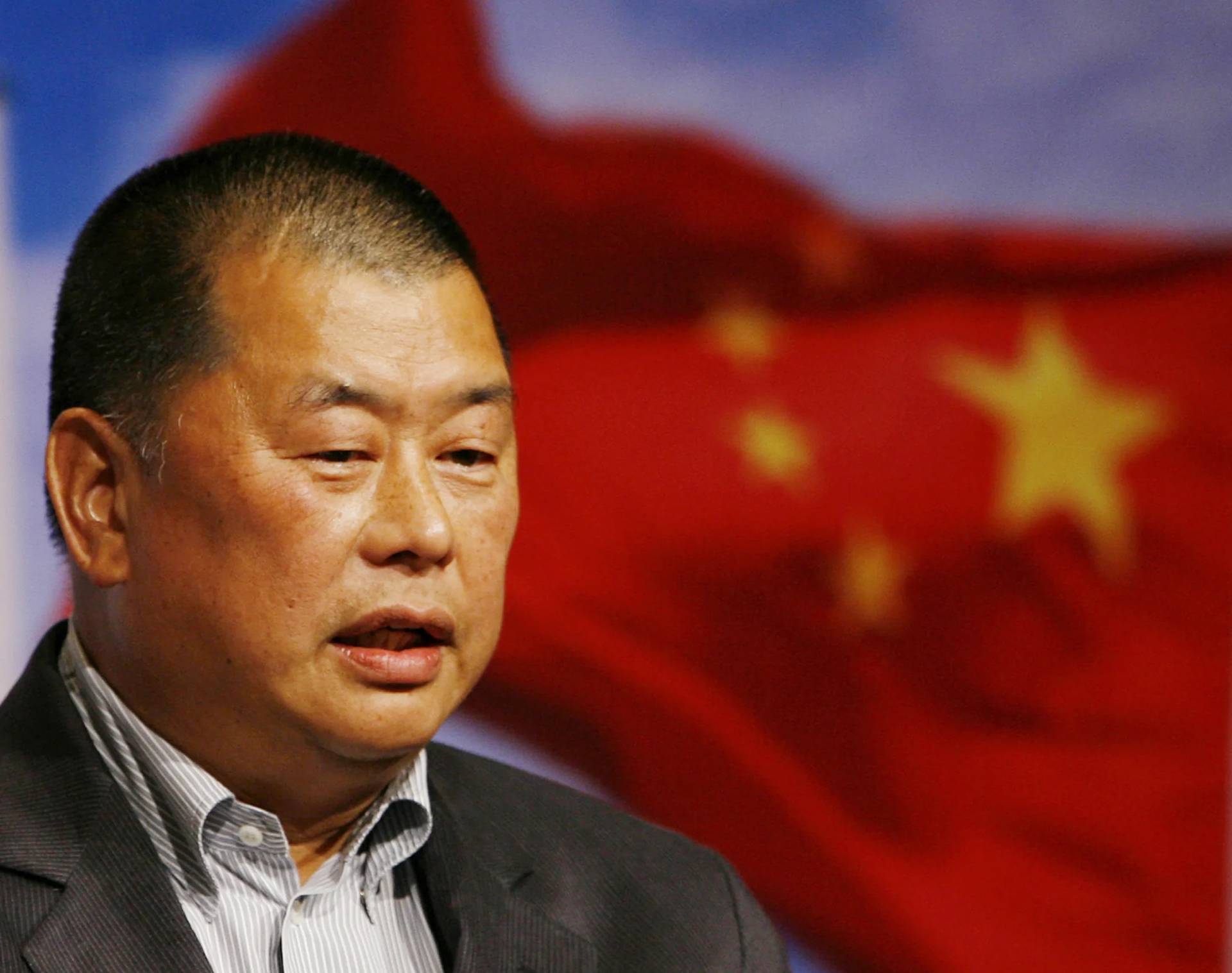MUMBAI, India – A Catholic archbishop says a state government in Manipur, India, is “trying its best” to stop ethnic violence in the region.
Anusuiya Uikey, the governor of Manipur, told the state legislature on Feb. 28 that 219 people have been killed in ethnic violence since last May, which has also resulted in a loss of over $96 million to the government.
Uikey spoke about efforts undertaken to bring peace and normality to the state, and the effect of the violence on its economy.
“It is unfortunate that due to the violence 219 persons have lost their lives,” she said, noting the families of the diseased have been compensated with over $12,000.
“Bodies of victims have been given to their families and their last rites performed,” she continued.
Emeritus Archbishop Dominic Lumon of Imphal said the Manipur government “is definitely trying it’s best to bring the entire situation to normalcy.”
He told Crux the governor’s address “was a welcome thing … [and] was aimed at bringing normalcy and whatever has happened a kind of positive sign government’s inclination to resolving the issue.”
“However, society itself is divided, within the one society, internal dissention and disagreement is still there. It is very difficult,” the archbishop continued.
“As government is trying to bring things to normalcy, they will not say things immediately, but will sum up the things and then make a statement,” Lumon added.
Uikey made her address that came shortly after a senior policeman was abducted by a militant group before being rescued — a sign of the chaos and anarchy into which the state has descended.
Manipur is a state in northeast India with a population of 2.8 million. The Meitei people make up 53 percent of the population, the Naga people make up 24 percent, the Chin-Kuki-Mizo people make up 16 percent. Hindus and Christians each make up about 41 percent of the population, while Muslims make up just over 8 percent.
Last May, an ethnic clash between the Meitei people and Kuki people led to the death of hundreds and the displacement of 60,000 people.
The conflict was triggered by an affirmative action controversy in which Christian Kukis protested a demand by mostly Meitei Hindus for a special status that would let them buy land in the hills populated by Kukis and other tribal groups, and get a share of government jobs.
Ethnic violence has been a decades-old problem in Manipur state, where 700 people were killed in 1993 and the government took a year and a half to restore normalcy in the region.
In August, India’s top opposition leader unleashed a strong condemnation of Prime Minister Narendra Modi’s government for its failure to control bloodshed in the remote northeastern state.
Uikey informed the Manipur house on Feb. 28 that to maintain law and order, 198 companies of central armed police forces and 140 columns of army have been deployed in the state.
The governor said that 187,143 persons were detained in the state since May last year as a preventive measure and were released later after legal formalities. To date, around 10,000 police reports have been lodged in connection with the ethnic violence, she said.
Uikey stated that the government has undertaken efforts to control the challenging circumstances. Curfew relaxations have been ordered in most parts of the state and a ban on internet services has been lifted in many parts depending on the situation.
A senior pastor told Crux, “we will never know the exact number of people killed both Kuki Christians and Meitei Christians, in the peripheries, whenever there was firings and skirmishes we were told the number, but we couldn’t verify the exact number, in case things erupted again due to reprisals.”
The cleric asked not to be named for his own safety.
“Regarding loss of property, around 326 churches were destroyed, but most villages, there is nothing standing, every prayer hall, every village church every small chapel – nothing is left standing,” he said.
“Now we’re focusing on our relief work in the relief camps. We are working for the healing of the communities – both tribes. We cannot say anything now, things are still fragile,” the pastor said.
This article used material supplied by the Associated Press.














